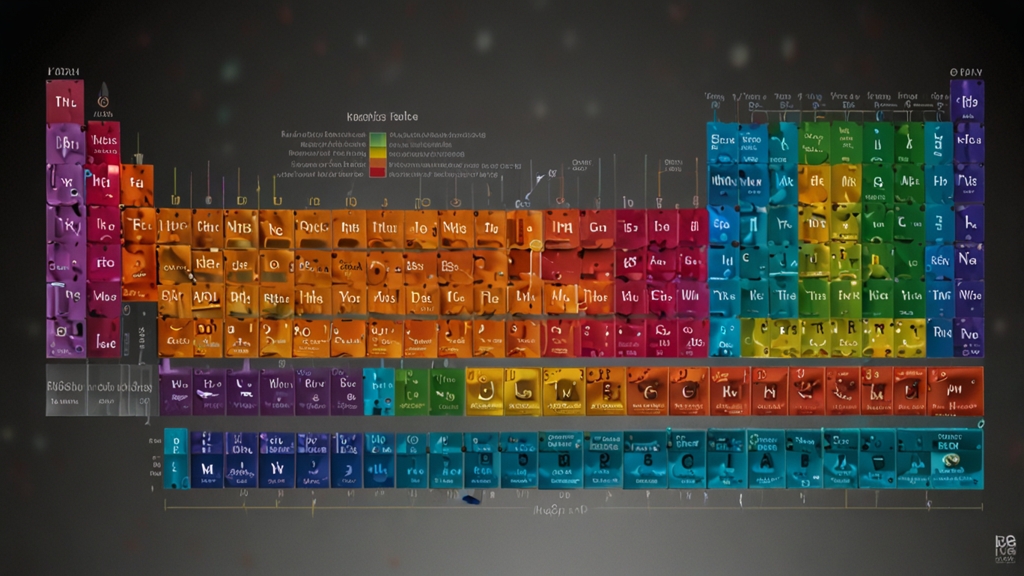Revelation Revelations: Are We Living in the End Times?
The concept of the end times has long intrigued humanity, and various cultures and religions have their interpretations of what might signal the world's final days. Among these, the Christian tradition, particularly the Book of Revelation, is one of the most vivid and detailed. With wars, natural disasters, pandemics, and societal upheaval dominating the news, it's natural to wonder: Are we living in the end times as described in the Bible?
The Book of Revelation
Authored by John of Patmos, the Book of Revelation is the final book of the New Testament. It contains apocalyptic visions that many believe describe the end of the world as we know it. Revelations mention events like the Four Horsemen of the Apocalypse, the Mark of the Beast, the Antichrist, and the Battle of Armageddon. These symbols and events have fascinated and terrified Christians for centuries, prompting endless interpretation and speculation.
Signs of the Times
Numerous believers point to current events as fulfilling the prophetic signs mentioned in Revelation. From a global perspective, it appears we are witnessing a series of "birth pains" — a term often used by eschatologists to describe preliminary signs before the final events.
"You will hear of wars and rumors of wars. See that you are not alarmed, for this must take place, but the end is not yet. For nation will rise against nation, and kingdom against kingdom, and there will be famines and earthquakes in various places. All these are but the beginning of the birth pains." - Matthew 24:6-8
The increasing frequency of earthquakes, devastating wildfires, climate change, political unrest, and even the COVID-19 pandemic are cited as possible signs that the end times are upon us. The question that remains is whether these events are truly unprecedented or if they are simply part of the human experience amplified by global media.
Spiritual and Symbolic Interpretations
Not everyone interprets Revelation literally. Some theologians and scholars argue that Revelation is highly symbolic and was meant to address the trials and tribulations of the early Christian communities rather than serve as a precise roadmap for the end times. This perspective suggests that the book's value lies in its spiritual messages rather than its predictions.
"The Book of Revelation is a vision meant to convey hope and encouragement to Christians facing persecution, not fear and speculation about the end times." - Theological Scholar
This symbolic approach posits that the "end times" can also refer to any period of great upheaval and moral conflict, encouraging believers to hold steady in their faith and ethics during times of crisis.
Modern-Day Prophecies
Despite ancient scriptures, contemporary figures also claim prophetic insight into the end times. Preachers and televangelists often assert that specific modern events are direct fulfillments of Revelation, drawing crowds and sometimes sparking panic. While such figures have historically predicted dates for the second coming of Christ or other catastrophic events, these dates have consistently come and gone without incident.
Conclusion
The question of whether we are living in the end times remains a subject of intense debate, reflection, and speculation. For some, the signs are clear and unmistakable, pointing to an imminent fulfillment of Biblical prophecy. For others, these signs are part of a broader, non-literal interpretation that encourages personal and spiritual fortitude in the face of life's challenges.
Ultimately, the interpretation of Revelation and its relevance to current events is deeply personal. Whether viewed as a literal prophecy or a symbolic call to spiritual vigilance, its messages continue to spur contemplation and discourse across generations and cultures.
"Therefore keep watch, because you do not know on what day your Lord will come." - Matthew 24:42













